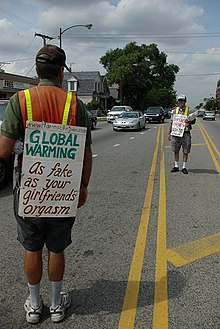LaRouche sees history as a battle between Platonists, who believe in absolute truth, and Aristotelians, who rely on empirical data. Platonists in LaRouche's view include figures such as Beethoven, Mozart, Shakespeare, Leonardo da Vinci, and Leibniz. He believes that many of the world's ills result from the dominance of Aristotelianism as embraced by the empirical philosophers (such as Hobbes, Locke, Berkeley, and Hume), leading to a culture that favors the empirical over the metaphysical, embraces moral relativism, and seeks to keep the general population uninformed. Industry, technology, and classical music should be used to enlighten the world, LaRouche argues, whereas the Aristotelians use psychotherapy, drugs, rock music, jazz, environmentalism, and quantum theory to bring about a new dark age in which the world will be ruled by the oligarchs. Left and right are false distinctions for LaRouche; what matters is the Platonic versus Aristotelian outlook, a position that has led him to form relationships with groups as disparate as farmers, nuclear engineers, Black Muslims, Teamsters and pro-life advocates. The conspirators may not be in touch with one another: "From their standpoint, [the conspirators] are proceeding by instinct," LaRouche has said. "If you're asking how their policy is developed—if there is an inside group sitting down and making plans—no, it doesn't work that way ... History doesn't function quite that consciously."

